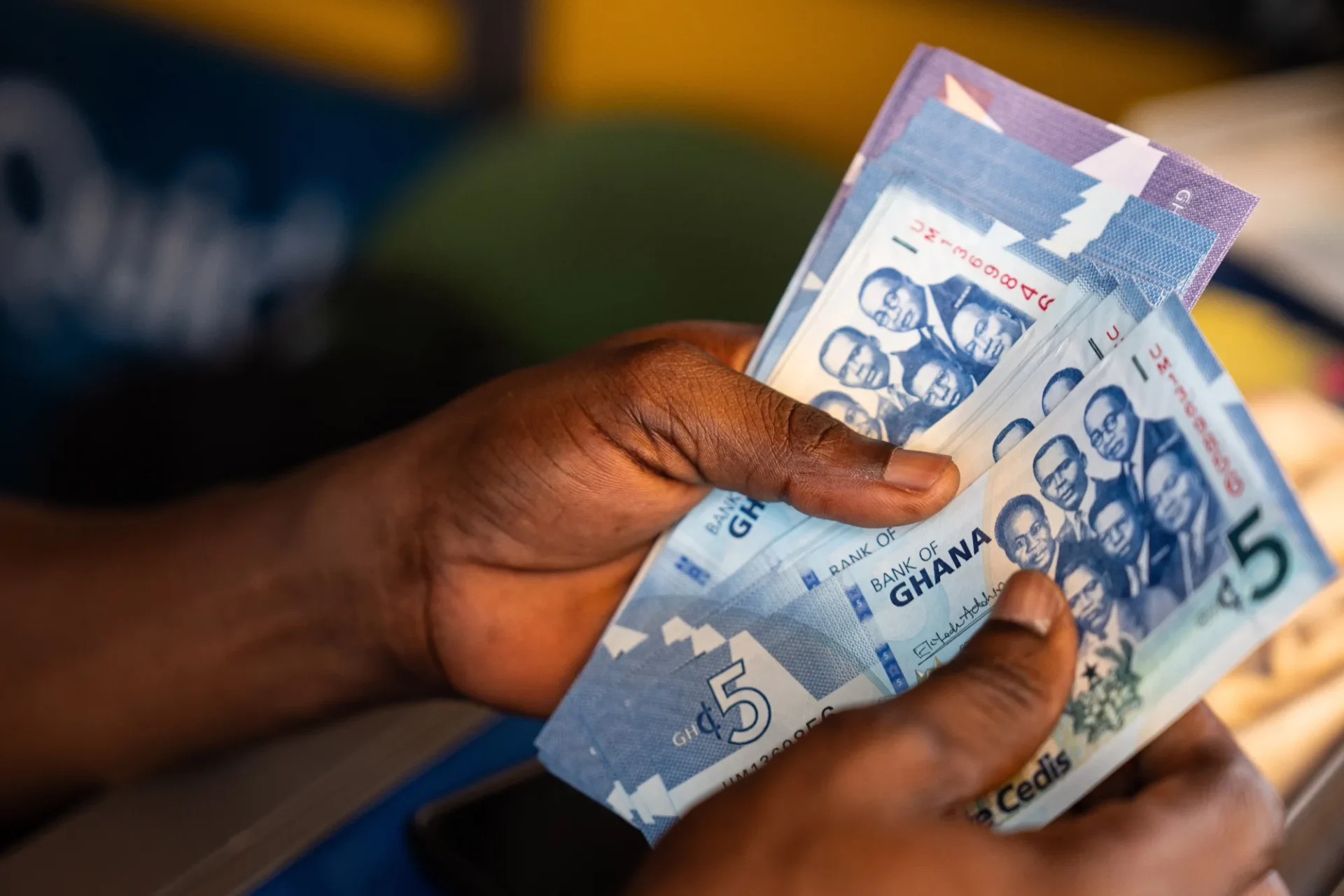Renowned economist Professor Godfred Bokpin has predicted that the Ghana cedi is likely to end 2025 stabilising between GH₵13.5 and GH₵14 per U.S. dollar.
According to Professor Bokpin, the recent volatility of the cedi is a natural market phenomenon.
He called on Ghanaians to be calm and focus on the nation’s economic fundamentals.
Speaking in an interview on Joy FM today, September 16, Professor Bokpin stated, “We have our peak period and then we have our low period as well. In the peak period, when we experience what we call cash flow mismatch in terms of inflows and then outflows…businesses would import in anticipation of Christmas and all of that. So the demand will pick up.”
“If you look at the average rate in the bank and you compare that to the forex bureau and then, of course, the outer layer black market, the divergence is too wide”, he said.
Prof Bokpin warned against the national obsession with the daily exchange rate.
He further lamented, “I get a bit concerned because every now and then, if you look at extreme rate discussions and you do a market survey, it’s more or less dominating our economic discussions much more than anything else, and I think that is not good enough”.
Prof Bokpin added that Ghana’s annual inflation is at its lowest since late 2021, with the annual inflation rate falling to 11.5%.
Adding that the economy has shown resilience with a 6.3% GDP growth in the second quarter of 2025.
According to him, the positive indicators show that the country has exited the peak of crisis recovery, adding that the current fluctuations are simply a part of a normal, notwithstanding complex, market adjustment.
Meanwhile, Dr Johnson Asiama, the Bank of Ghana Governor, has said the Ghana cedi still remains one of the best-performing currencies globally despite the slowdown in remittance inflows.
The BoG Governor highlighted that remittances have not been as strong as in previous periods, but the impact on the cedi’s performance has been confined.
According to Dr Johnson Asiama, the resilience of the cedi is attributed to the sound monetary policy, improved foreign-exchange reserves and tighter regulatory oversight.
Speaking at the opening of the Monetary Policy Committee meeting on September 15, 2025, Dr Johnson Asiama explained, “Despite the seasonal pressures and a slowdown in remittance inflows in recent weeks, the cedi remains one of the strongest currencies globally. Year-to-date, it has appreciated by about 21% as of September 12”.
“External buffers have strengthened. For the first eight months of the year, Ghana recorded a trade surplus of US$6.2 billion, underpinned by robust gold exports and higher cocoa receipts. Gross international reserves stood at US$10.7 billion in August, covering about 4½ months of imports”, he added.
Dr Johnson Asiama added that the cedi is performing alongside other currencies like the Russian ruble, Swedish krona, Norwegian krone, Swiss franc, euro and the British pound.
Also, President John Dramani Mahama has said his government will make sure that any depreciation that occurs in the Cedi is within a margin of about 5% per annum.
According to John Mahama, the recent currency fluctuations are part of a natural adjustment process and not a sign of renewed instability.
Speaking at his maiden media encounter on Wednesday, September 10, John Mahama stated, “I believe that it is about stopping the rapid depreciation of the currency. When you have steep depreciation of about like we had in 2024, 25% depreciation in the currency in the first half of the year, it makes planning difficult. And so yes, Bank of Ghana, BoG, has been intervening in the forex market, but they’ve withdrawn,” he said.
Mahama added, “The Cedi is making an adjustment and I believe that it will settle at a certain rate and we’ll make sure that any depreciation that occurs in the value of the Cedi is within a margin of about 5% per annum”.
President John Mahama also disclosed that the Bank of Ghana(BoG) has withdrawn its interventions in the foreign exchange market.
According to John Mahama, the move is to find the true value of the Ghanaian cedi against major trading currencies.
He added, “And so yes, Bank of Ghana has been intervening in the forex market, but they’ve withdrawn. And what happened was that, because of the rapid appreciation in the value of the cedi, we saw an exponential increase in imports, because then people could buy cheaper dollars, and so they could import more, which is a natural economic phenomenon.
“But on the other side, exporters are not happy, because they get fewer cedis for what they export.”
John Mahama added that Ghana must strike a delicate balance between protecting exporters and importers.
Watch the video below:

